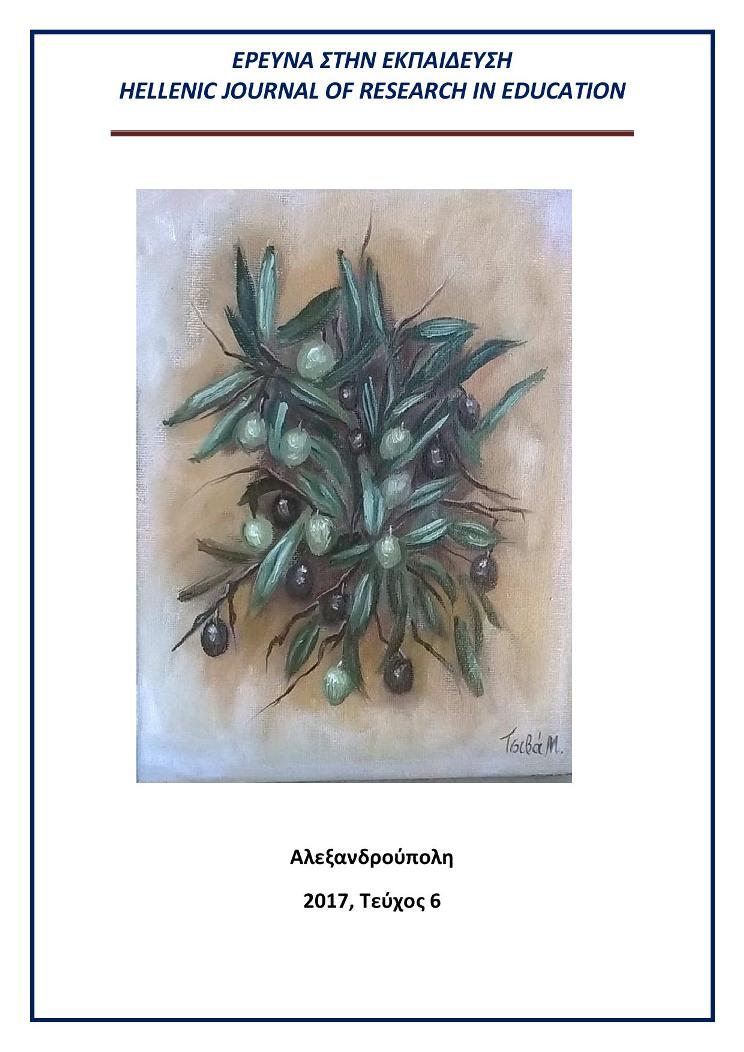Ρόλοι και διαδικασίες λήψης απόφασης σε επίπεδο σχολικού οργανισμού

Περίληψη
Σκοπός της έρευνας είναι η ανίχνευση του ρόλου και του βαθμού συμμετοχής στις διαδικασίες λήψης απόφασης των σχολικών ηγετών και των συλλογικών οργάνων των σχολικών οργανισμών. Εκατόν ογδόντα δύο (182) εκπαιδευτικοί ανταποκρίθηκαν στην έρευνα, μέσω διαδικασίας μη αναλογικής στρωματοποιημένης δειγματοληψίας. Κλήθηκαν να αποκριθούν σε ερωτήσεις, ενός δομημένου ερωτηματολογίου που κατασκευάστηκε για τις ανάγκες της εν λόγω έρευνας. Η στατιστική επεξεργασία των δεδομένων έγινε μέσω περιγραφικής στατιστικής, με τη βοήθεια του προγράμματος IBM SPSS statistics v.23. Τα αποτελέσματα της έρευνας ανέδειξαν σημαντικές ελλείψεις και αδυναμίες του εκπαιδευτικού μας συστήματος, που εστιάζονται σε ζητήματα σχολικής αυτονομίας. Επισημαίνεται ο περιορισμένος ρόλος της σχολικής ηγεσίας, αλλά και η ελλιπής συμμετοχή στις διαδικασίες λήψης απόφασης τόσο των διευθυντών, όσο και των εκπαιδευτικών, των μαθητών και γονέων τους.
Λεπτομέρειες άρθρου
- Πώς να δημιουργήσετε Αναφορές
-
Γόγολα Α., & Κατσής Α. (2017). Ρόλοι και διαδικασίες λήψης απόφασης σε επίπεδο σχολικού οργανισμού. Έρευνα στην Εκπαίδευση, 6(1), 237–254. https://doi.org/10.12681/hjre.14322
- Τεύχος
- Τόμ. 6 Αρ. 1 (2017)
- Ενότητα
- Άρθρα

Αυτή η εργασία είναι αδειοδοτημένη υπό το CC Αναφορά Δημιουργού – Μη Εμπορική Χρήση – Παρόμοια Διανομή 4.0.
Τα πνευματικά δικαιώματα των άρθρων του περιοδικού ανήκουν στους συγγραφείς. Τα άρθρα διατίθενται με άδειες Creative Commons CC-BC-SA 4.0


